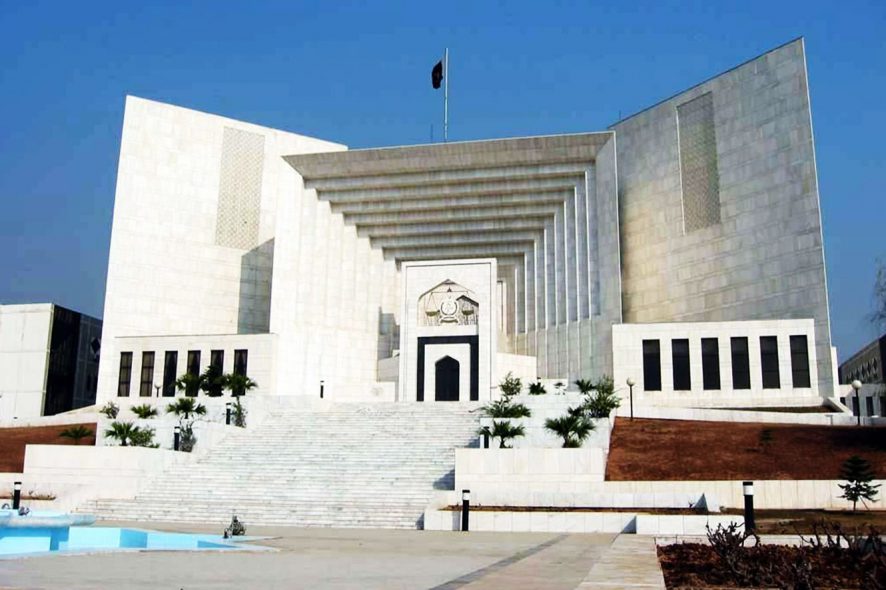Supreme Court of Pakistan: The Three-Judge Bench of Umar Ata Bandial, Munib Akhtar and Yahya Afridi, JJ. set aside the judgment of High Court of Sindh, Karachi holding that the assessee Oxford University Press (OUP) was not entitled to tax exemption.
The present appeal arose under the Income Tax Ordinance, 1979 and related to different assessment years of OUP in relation to income arising out of its Pakistan operations. OUP claimed tax exemption under Clause (86) of Part I of the Second Schedule, which provided exemption to “any income of any university or other educational institution established solely for educational purposes and not for purposes of profit.”
OUP submitted that it had operations in many jurisdictions, and the question at hand had also arisen in South Africa and India. While exemption was granted in South Africa, a contrary conclusion was arrived at in Oxford University Press v. CIT, (2001) 3 SCC 359 [OUP India case].
The Court stated that principles of interpretation of exemption clauses in fiscal legislation were: (i) onus lies on the taxpayer to show that his case falls within the exemption; (ii) if two reasonable interpretations are possible, one against the taxpayer will be adopted; (iii) but if the taxpayer’s case comes fairly within the scope of exemption then he cannot be denied benefit of the same.
It was observed that the High Court was greatly influenced by the majority view in OUP India case as Section 10 (22) of the Income Tax Act, 1961 which provided tax exemption to “any income of a university or other educational institution, existing solely for educational purposes and not for purposes of profit”, was virtually identical to Clause 86.
However, the impugned judgment’s emphasis on Oxford University carrying on educational activities in Pakistan, was wrong as a bare perusal of Clause 86 showed that the words “in Pakistan” were not mentioned therein.
In view of the above, it was held that the impugned judgment (and therefore, by extension, the majority in OUP India case) had taken a wrong approach to the exemption clause and erred materially in introducing an element or requirement that found no mention or expression therein. [Oxford University Press v. CIT, Civil Appeal No. 308 to 326 of 2008, Order dated 17-10-2018]






